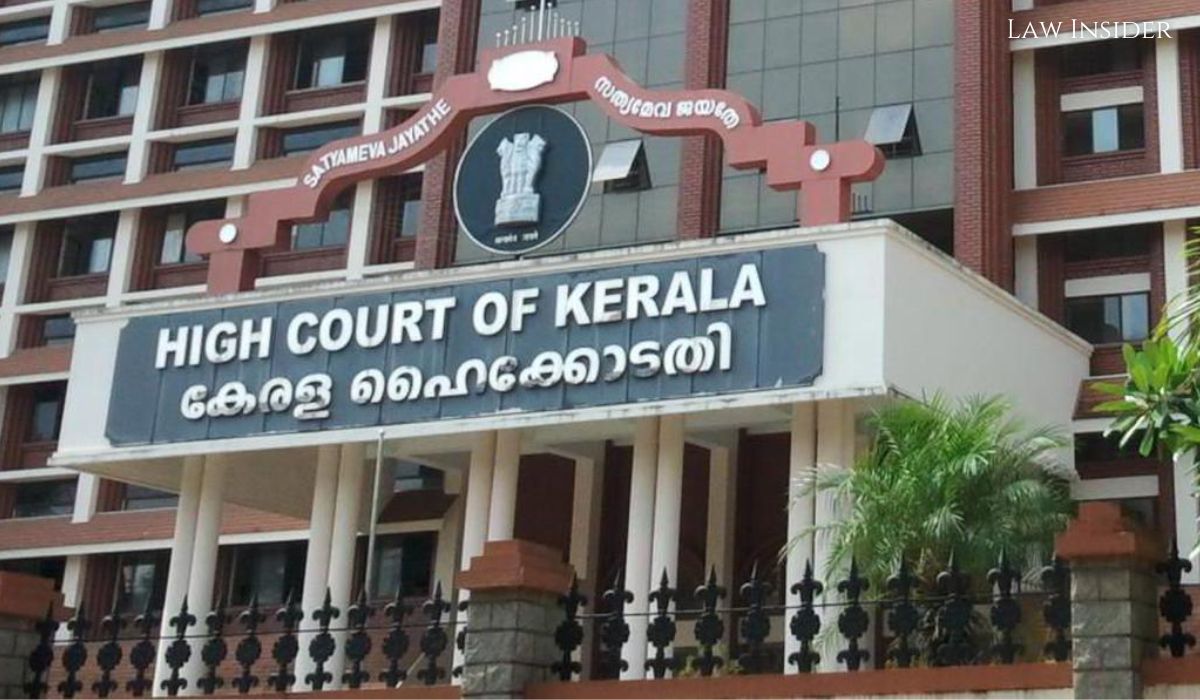LI Network
Published on: 22 September 2023 at 18:31 IST
The Kerala High Court has reaffirmed that Section 438(4) of the Code of Criminal Procedure (CrPC) does not impose an absolute bar on granting anticipatory bail to an accused facing allegations of raping a minor girl when there is a lack of prima facie evidence necessitating the accused’s arrest.
Section 438(4) restricts the grant of pre-arrest bail for offenses under Sections 376(3), 376-AB, 376-DA, or 376-DB of the Indian Penal Code (IPC), which pertain to rape or gang rape involving a minor girl under the age of twelve or sixteen.
Justice Kauser Edappagath, while recognizing the seriousness of these offenses, asserted that the exclusion of pre-arrest bail should not apply in cases of evidently false or malicious accusations.
The court noted that treating the exclusion provision in Section 438(4) as absolute would leave innocent individuals with no protection against baseless allegations.
It emphasized the importance of balancing the need to punish the guilty with the duty to protect the innocent, as guaranteed by Article 21 of the Indian Constitution.
The court’s decision stemmed from two bail applications involving allegations of penetrative sexual assault on minor daughters by the petitioners. These cases were registered based on complaints filed by the victims’ mothers. The accused parties contended that false charges had been levied against them by their wives, aiming to deny them custody of their children.
The Court initially addressed the maintainability of the two bail applications under Section 438 CrPC, as raised by the Senior Public Prosecutor, who argued that they were not maintainable due to the bar under Section 438(4).
Upon reviewing Section 438(4) CrPC, the Court noted that the provision did not impose an absolute restriction on granting pre-arrest bail for the mentioned offenses. It stressed that the only limitation was that the provision did not apply to cases “involving the arrest” of a person accused of these offenses.
To interpret this, the Court referred to Sections 41(1)(ba) of CrPC, which deals with arrests, and Section 60A of CrPC, emphasizing that an arrest could only be made based on “credible information” and “reason to believe” that the offense had occurred and an arrest was necessary.
The Court concluded that Section 438(4) would only apply in cases where credible information existed, and there were reasons to believe that the accused had committed the offense.
In cases where no prima facie evidence justified the accused’s arrest, the bar under Section 438(4) would not apply, and the court had the authority to grant pre-arrest bail.
The Court also noted that other statutes, such as the Scheduled Castes and Scheduled Tribes (Prevention of Atrocities) Act, 1989, the Unlawful Activity Prevention Act, 1967, and the Terrorist and Disruptive Activities (Prevention) Act, 1987 (TADA), had similar provisions excluding pre-arrest bail under Section 438 CrPC for certain offenses.
The Court pointed out that these provisions operated in similarity to Section 438(4) and did not apply when no prima facie case was established for the application of the penal provisions.
In conclusion, the Court clarified that Section 438(4) of CrPC did not create an absolute bar on pre-arrest bail for the specified offenses and that its applicability depended on the presence of credible information and reasonable belief in the accused’s guilt.
The Court emphasized that this determination should be made based on the facts and circumstances of each case. Based on the factual circumstances of the two cases before it, the Court dismissed one bail application and closed the other, noting a lack of evidence to support the allegations against the second petitioner.

